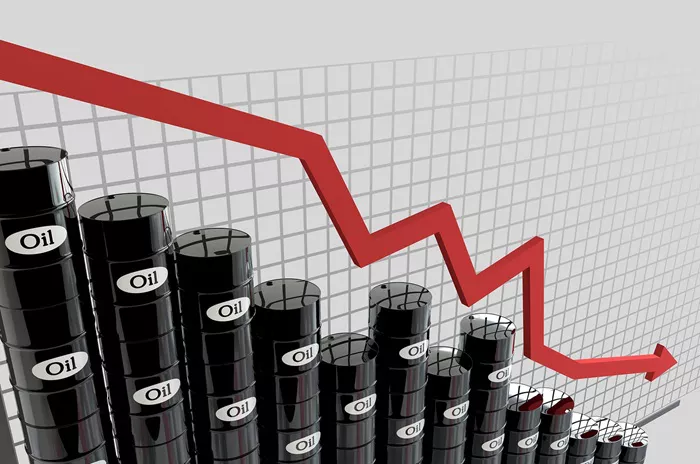Oil prices fell sharply on Thursday, dropping over 2% after reports emerged that Saudi Arabia plans to unwind its voluntary production cuts starting December 1. This move signals a potential shift in strategy that may impact global crude prices significantly.
Saudi Arabia’s Intentions
According to the Financial Times, Saudi Arabia is willing to forgo its unofficial price target of $100 per barrel to reclaim market share, even if it leads to prolonged lower prices. Following this news, West Texas Intermediate (WTI) crude fell below $68 per barrel, while Brent crude dropped to around $71 per barrel.
Market Reaction
Rebecca Babin, a senior energy trader at CIBC Private Wealth, noted that the market’s reaction was expected, given that OPEC’s production cuts had previously supported prices. The OPEC group has maintained reduced output since 2022, but other oil-producing nations, particularly the U.S., have ramped up production.
OPEC’s Production Dynamics
Babin expressed skepticism about OPEC’s commitment to a full pivot aimed at regaining market share, as several member countries have exceeded their production quotas this year. She suggested that OPEC’s decision is more about redistributing the burden of production cuts among its members.
Recent OPEC+ Decisions
Earlier this month, OPEC+ decided to delay unwinding some of its voluntary cuts scheduled for October in response to falling oil prices. This reflects ongoing concerns about supply increases and weakening demand in the global market.
Analysts Adjust Forecasts
Wall Street analysts have been revising their price targets for Brent crude. Morgan Stanley recently lowered its forecast for Brent to an average of $75 per barrel in the fourth quarter, down from a previous estimate of $80. Similarly, JPMorgan adjusted its forecast from $85 to $80, citing significant price underperformance.
Year-to-Date Performance
Despite a brief rally last week, oil prices remain under pressure, with WTI down 3% and Brent down approximately 4% year-to-date. Earlier in September, oil prices reached their lowest levels since 2021 before recovering slightly.
Conclusion
The decision by Saudi Arabia to potentially increase production marks a pivotal moment for the oil market, raising concerns over future pricing dynamics and supply-demand balances. As the situation develops, investors will be closely monitoring OPEC’s next moves and the broader implications for global oil prices.
Related Topics:

